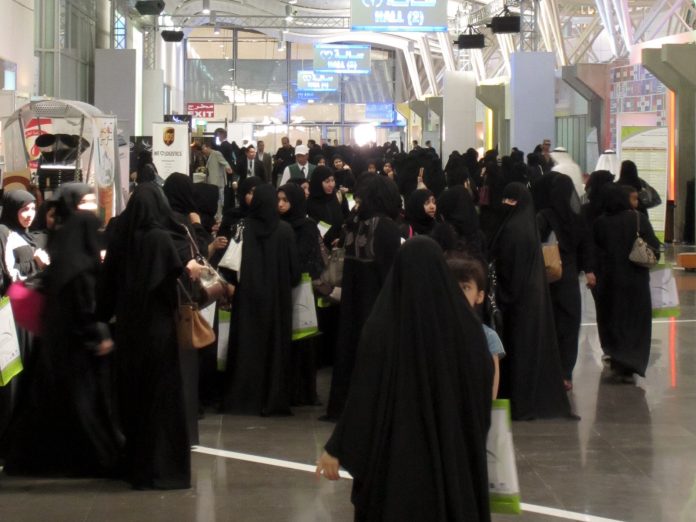MEPs condemn the situation of women’s rights in Saudi Arabia and express their concern over the government web services used by men to track women. By using these internet-based applications, male guardians can specify when and how women can cross Saudi borders and receive an SMS update when they travel.
Despite a reform agenda to transform the country economically and socially also through women’s empowerment, and the lifting of the driving ban for women inside the Kingdom, the Saudi political and social system remains discriminatory, effectively making women second-class citizens. MEPs note that male guardians still need to authorise women’s international travel, access to healthcare services, choice of residence and marriage. MEPs urge the Saudi government to immediately abolish the male guardianship system.
MEPs criticise the recently adopted law by which Saudi women can be notified by text message if they are divorced. They emphasise that this law does not address the fact that Saudi women can only obtain divorces in limited cases, such as with their husband’s consent or if he has harmed her.
They also ask for women’s rights activists and defenders Loujain al-Hathloul, Eman al-Nafjan, Aziza al-Yousef, Samar Badawi, Nassima al-Sada, Israa al-Ghomgham, her husband Mousa al-Hashim, and their four co-defendants Ahmed al-Matrood, Ali Ouwaisher, Khalid al-Ghanim and Mujtaba al-Muzain, as well as the Saudi blogger and Sakharov Prize laureate Raif Badawi, to be released.
MEPs call on the Saudi authorities to introduce an immediate moratorium on the death penalty, which is still used to punish non-violent offences, such as drug smuggling, treason, adultery and apostasy. They note that between 2014 and 2017, the average number of executions per year was at least 126.
The resolution was adopted by 517 votes in favour, 10 against, with 70 abstentions.

